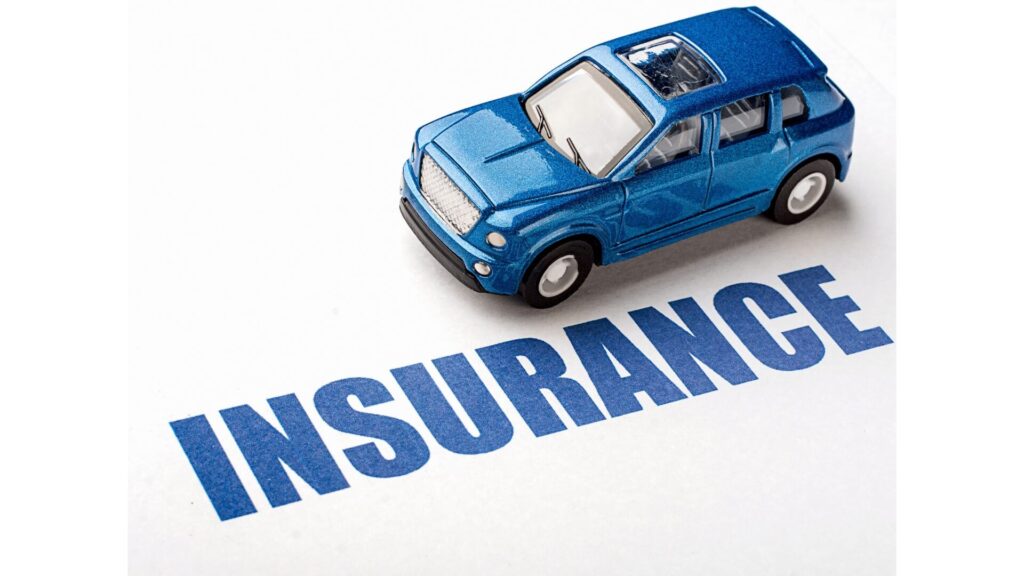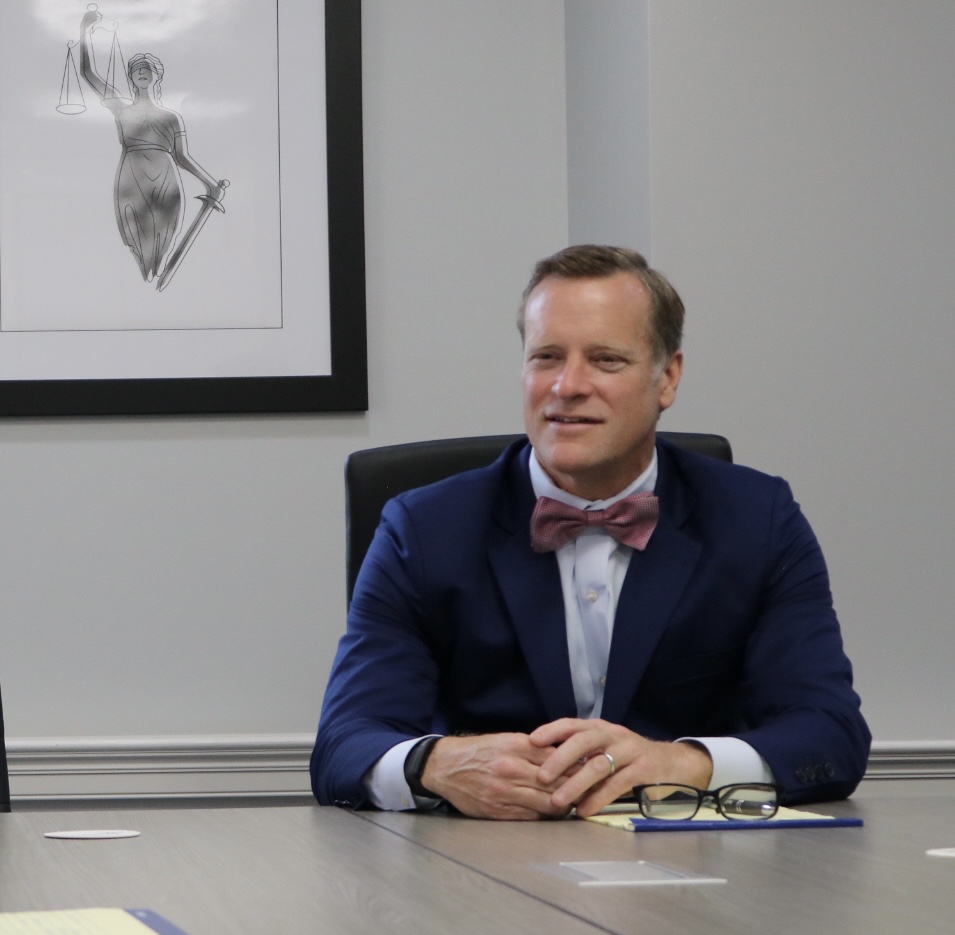On January 29, 2024, the Pennsylvania Supreme Court decided Rush v. Erie Insurance holding that a Regular Use Exclusion was valid and could be used to deny payment of Underinsurance Benefits under a personal Car Insurance Policy. This decision has widespread implications for drivers of Company Cars as well as workers who regularly drive vehicles that they do not own.

Facts of the Rush v. Erie Insurance Case
Matthew Rush was a detective for the City of Easton and was injured while driving an unmarked police car owned by the City. The police car was insured by Traveler’s and had just $35,000 of Underinsured Benefits.
Rush and his wife had two personal car insurance policies with Erie, one with stacked Underinsured Limits of $250,000 for one vehicle and the other with stacked Underinsured Limits of $250,000 for two vehicles.
Both Erie policies contained identical “Regular Use Exclusions” of Underinsured coverage, which provided that the underinsured coverage did not apply to “bodily injury to you or a resident using a non-owned motor vehicle, or a non-owned miscellaneous vehicle, which is regularly used by you or a resident, but not insured for uninsured or underinsured coverage under this policy.”
The driver responsible for causing the crash injuring Rush paid his policy limits as did Traveler’s for the City of Easton’s Underinsurance Benefits.
However, Erie denied the Rush Underinsurance claim for $750,000 citing the Regular Use Exclusion. Erie argued that Rush was driving a vehicle he did not own but regularly used, which invalidated Underinsured Coverage on the Erie policies.
The Court Decisions
After the Underinsurance Coverage was denied, Rush filed a lawsuit in Northhampton County against Erie claiming that the “Regular Use Exclusion” violated the Pennsylvania Motor Vehicle Responsibility Law which mandates that insurance companies provide Underinsurance coverage unless the policy holder signs a valid waiver form rejecting such coverage.
The Northampton Court ruled in favor of Rush as did the Pennsylvania Superior Court.
However, in a reversal of fortune for Rush and other Pennsylvania policy holders, the Pennsylvania Supreme Court reversed the ruling and held that the Regular Use Exclusion does not violate Pennsylvania law and is permissible. Consequently, Rush could not claim Underinsurance Benefits under the Erie Policies.
Practical Implications for Drivers of Regularly Used but Non-Owned Vehicles
The practical implication of this decision by the Supreme Court is that it puts drivers who regularly use vehicles that they do not own (like company cars or vehicles used during the workday like government vehicles, construction vehicles or delivery vehicles) in a pickle.
If the Regular Use Exclusion had been determined to be invalid, then these drivers could have protected themselves and their families by purchasing large amounts of Underinsured Coverage on their own car insurance policies. That way, if they were injured in an accident while driving the non-owned vehicle, even if the responsible driver had little or no insurance, they could protect their right to full compensation by purchasing large amounts of uninsured and underinsured coverage. This would allow them to make a claim on their own policy and be fully compensated. In essence they could protect themselves and their families with their own car insurance choices.
However, with the Supreme Court upholding the Regular Use Exclusion, the net result is that the driver or a non-owned but regularly used vehicle cannot make a claim against his own insurance policy if it contains a Regular Use Exclusion. So, the policy holder has lost the ability to protect himself or herself.
This leaves the injured driver of a non-owned but regularly used vehicle reliant on the insurance choices of the owner of the vehicle. However, that owner could choose to waive Underinsurance benefits altogether or purchase limits as low as $15,000. This is a troublesome situation in that the vehicle must be used regularly for work, but might be grossly underinsured.
Given this landmark decision, I strongly recommend the following for anyone who must regularly drive a vehicle that they do not own.
First, try to find car insurance without a Regular Use Exclusion and make sure that you purchase high amounts of Underinsurance Coverage ($250,000 or more like Mr. Rush). Second, talk to your employer and find out how much Underinsurance coverage there is on the vehicle that you regularly drive. If the limits waived or are low, you should lobby your employer to significantly increase the limits to protect you and your family in the event of a serious accident.

Tim Rayne is a Pennsylvania Car Accident Lawyer with MacElree Harvey, Ltd. For over 25 years, Tim has been helping Pennsylvania Car Accident Victims understand their legal rights and receive fair compensation from insurance companies. Tim has law offices in Kennett Square and West Chester Pennsylvania and also meets with clients at their homes or virtually. Tim can be reached at 610-840-0124 or trayne@macelree.com or you can check out his website at www.TimRayneLaw.com.

Leave a Reply